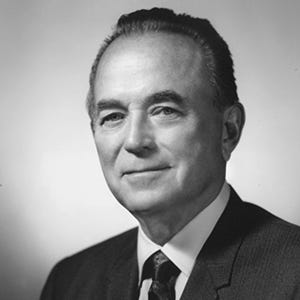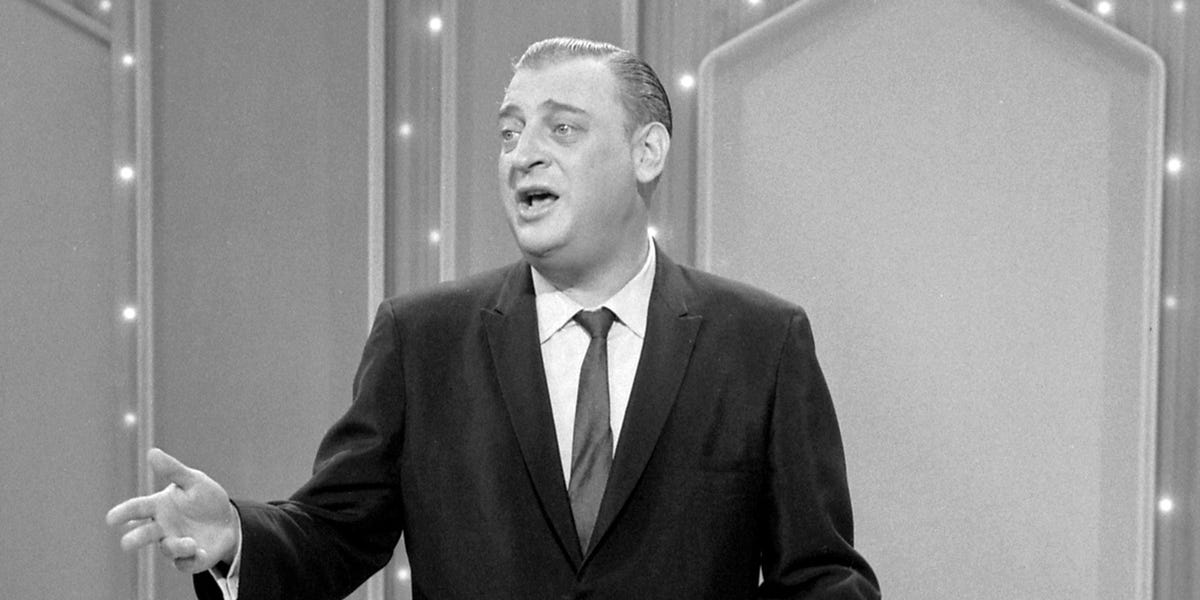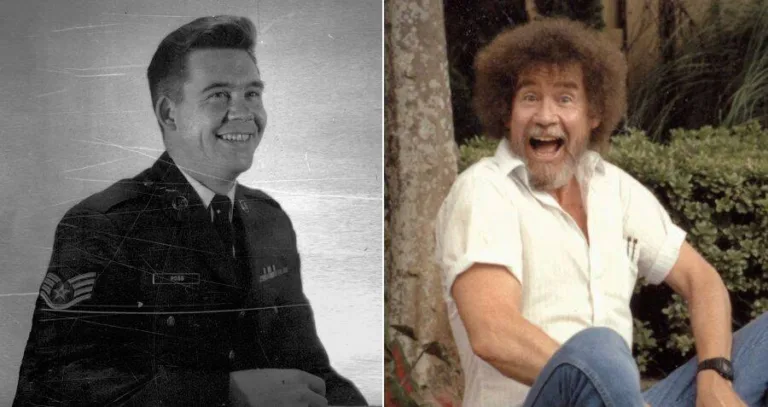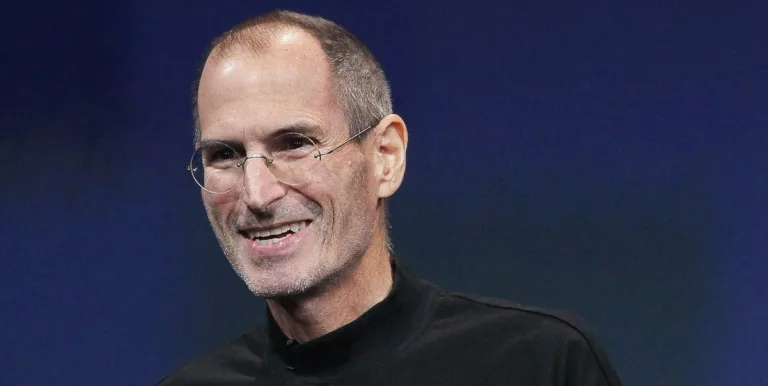Rodney Dangerfield, a name synonymous with the iconic phrase “I don’T Get No Respect,” wasn’t just a comedian; he was a cultural phenomenon. His self-deprecating humor and relatable struggles resonated with audiences worldwide, making him one of the most beloved stand-up comedians of all time. His routines weren’T Just Funny; they were deeply personal reflections on life’s absurdities and the universal desire to be seen and appreciated.
Dangerfield’s comedic journey began not on a stage but in the everyday struggles of his childhood. Growing up, he faced hardship and rejection, experiences that would later fuel his Signature Act. His humor became a shield, a way to process pain and connect with others who felt similarly overlooked or undervalued.
This vulnerability, this willingness to bare his soul Through Laughter, is what ultimately made Dangerfield so Endearing To Audiences. He gave voice to the unspoken feelings of many, reminding us that even in our imperfections and struggles, there’s room for humor and connection.
The Impact of Childhood Trauma
Dangerfield’S Comedic Persona wasn’t simply a stage act; it was deeply intertwined with the realities of his childhood. He often spoke about feeling unloved and unwanted growing up, experiences that left a lasting impact on his psyche. His parents’ frequent arguments and eventual separation created a volatile environment where he felt constantly insecure and emotionally vulnerable. This early trauma shaped his worldview, leading him to develop a self-deprecating humor as a coping mechanism.
Through his jokes, Dangerfield channeled the pain of feeling overlooked and disregarded. He turned these negative experiences into relatable narratives that resonated with audiences Who Had Faced Similar Struggles. His signature catchphrase, “I don’T Get No Respect,” became an anthem for anyone who felt unseen or undervalued, a testament to the power of humor as a way to process and cope with difficult emotions.
His willingness to expose his vulnerabilities on stage created a powerful connection with his audience. They saw in him a reflection of their own experiences, finding comfort and validation in his shared stories of pain and resilience.
Finding Solace in Comedy
Comedy became Dangerfield’s refuge, a way to escape the harsh realities of his childhood and find solace in laughter. He discovered that humor had the power to transform pain into something shared, something that could bring people together. As he honed his craft, he realized that his experiences, Though Painful, held a universal truth: everyone feels overlooked or undervalued at times.
Dangerfield’S Early stand-up routines were raw and honest reflections of his own struggles. He didn’t shy away from sharing personal Anecdotes About His Family Life, His Dating Woes, or the everyday frustrations that plagued him. This vulnerability resonated with audiences who saw in him a kindred spirit, someone who understood their own insecurities and anxieties. He gave voice to the unspoken feelings of many, reminding us that even in our imperfections, there’s room for humor and connection.
Through his comedy, Dangerfield found not only an outlet for his pain but also a path to success and recognition. He proved that laughter could be a powerful tool for healing and connection, bridging the gap between individuals and creating a shared sense of understanding.
 Ray Kroc Early Life: From Paper Cups to McDonalds Empire
Ray Kroc Early Life: From Paper Cups to McDonalds EmpireDeveloping the “No Respect” Bit
The “no respect” bit wasn’t just a random phrase; it was the culmination of Dangerfield’s experiences and observations. He saw disrespect everywhere, in his personal life, in society, even in seemingly mundane interactions. This constant feeling of being overlooked fueled his desire to express it Through Comedy, turning his frustration into relatable humor that resonated with audiences.
He started incorporating this theme into His Routines, exaggerating scenarios where he was treated poorly or ignored. He’d complain about everything from bad service at restaurants to being overlooked by attractive women, always delivering these complaints with a self-deprecating twist that made them both funny and poignant. This signature bit, “I don’T Get No Respect,” Became His Trademark, instantly recognizable and deeply embedded in Popular Culture.
Dangerfield’s “no respect” routine wasn’T Just About Complaining; it was about finding humor in the absurdity of life’s Little Indignities. He reminded us that we all experience moments of feeling unseen or undervalued, and that laughter could be a powerful way to cope with these frustrations.
A Universal Feeling of Being Overlooked
What made Dangerfield’s “no respect” bit so enduringly popular was its ability to tap into a universal Human Experience: the feeling of being overlooked or undervalued. We all have moments where we Feel Invisible, unheard, or simply taken for granted. Whether it’s at work, in relationships, or even just navigating everyday interactions, the desire to be seen and appreciated is something that transcends cultural boundaries and individual differences.
Dangerfield gave voice to this shared feeling with his signature self-Deprecating Humor. He didn’t shy away from portraying himself as a hapless underdog, constantly battling against the forces of indifference and apathy. This vulnerability resonated with audiences who saw in him a reflection of their own struggles to be noticed and valued. His jokes weren’T Just Funny; they were a cathartic release for those who felt similarly unseen and unheard.
By turning his personal experiences into Relatable Comedic Narratives, Dangerfield created a sense of shared understanding and connection. He reminded us that we’re not alone in our feelings of Being Overlooked, and that even in the face of adversity, there’s always room for laughter and resilience.
The Enduring Legacy of Rodney Dangerfield
Rodney Dangerfield’s legacy extends far beyond his iconic “no respect” bit. He paved the way for generations of comedians who followed, proving that vulnerability and self-deprecation could be powerful comedic tools. His willingness to share his personal struggles with honesty and humor resonated with audiences, creating a lasting impact on the landscape of comedy.
Dangerfield’s influence can still be seen in contemporary stand-Up Routines, where many comedians draw inspiration from his unique brand of observational humor. He taught us that laughter could be found even in the most mundane aspects of life, and that embracing our imperfections could lead to genuine connection with others. His enduring popularity speaks volumes about the power of his message: that we’Re All Human, flawed and imperfect, and that finding humor in our shared experiences can ultimately bring us Closer Together.
Even decades after his passing, Rodney Dangerfield remains a beloved figure in the world of comedy. His legacy continues to inspire laughter and remind us that sometimes, the best way to cope with life’s challenges is to laugh at them.










